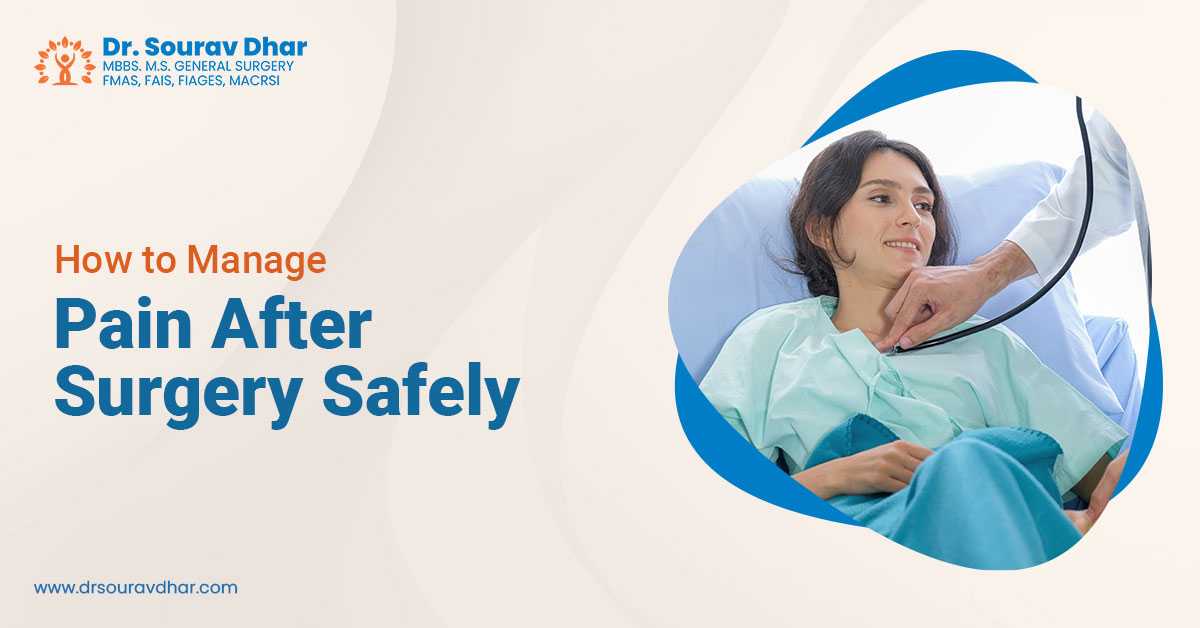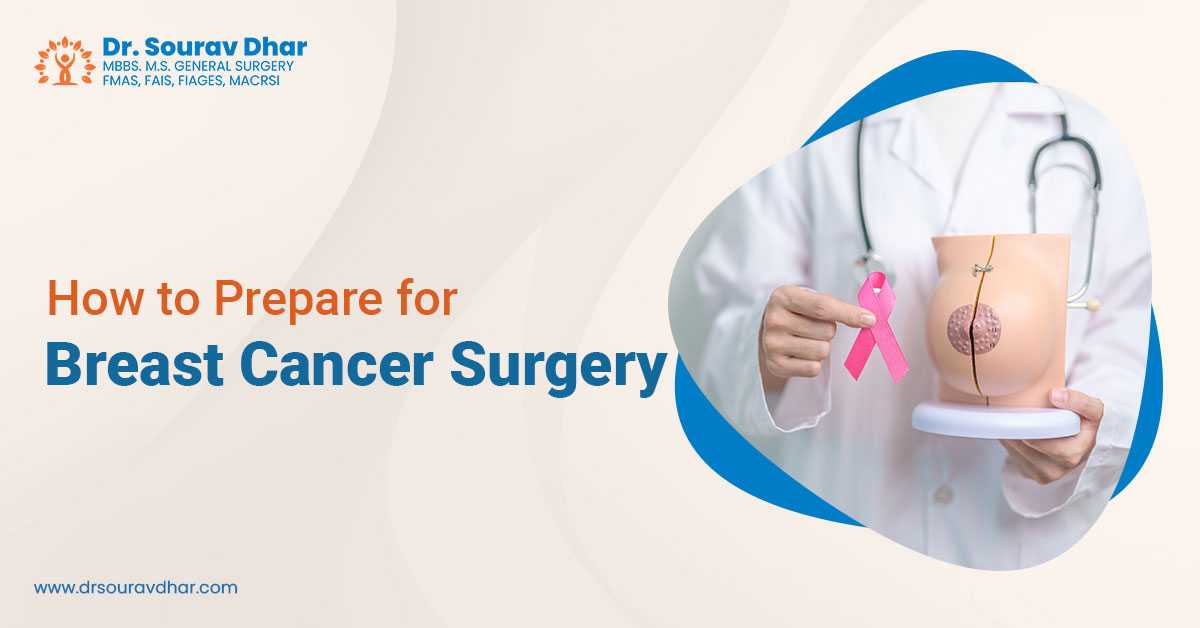Through fistula surgery, surgeons remove an abnormal tissue connection and occasionally the surrounding tissue.Although it may affect several parts of the body, the anus is one of the most often affected sites.A fistula needs surgical treatment because medicine or lifestyle modifications cannot heal it. Consult one of the leading surgeons for fistula surgery in Siliguri City.
Overview of Fistula Surgery Types
Fistulotomy is the most common procedure here. Here, your surgeon makes an incision along the whole length of the fistula tract. Now, this effectively helps transform the fistula into a flat wound that may heal on its own by allowing the tract to heal from the inside out.
Depending on the location and how serious the fistula is, there are many kinds of fistula procedures. Some of these surgical procedures are:
- The most popular and successful treatment for uncomplicated fistulas is fistulotomy.
- For complicated fistulas, seton implantation is helpful, as it promotes drainage and reduces the risk of incontinence.
- An effective method for maintaining sphincter function is LIFT (ligation of the intersphincteric fistula tract).
- The fistula tract is completely removed during a fistulectomy.
Initial Post-Operative Phase
Discomfort
Following fistula surgery, you might experience some pain or discomfort, particularly during the initial days. Usually, prescription or over-the-counter painkillers are used to treat this, which should soon go away.
Wound Care
Particularly with fistulotomies, surgical wounds are generally left open to heal internally. For a few days or perhaps weeks, you can have mild bleeding or leakage, and to avoid any issue, everyday cleaning and good hygiene are crucial (as advised by your surgeon).
Bowel Movements
A high-fiber diet and stool softeners can help ease the discomfort of the first bowel movement, which many patients fear after fistula surgery. Changes in nutrition, painkillers, or surgery may cause you to have changes in bowel movements. Make sure not to strain when having bowel movements.
Physical Activity
Light activity is advised with proper rest. As directed by your healthcare provider, gradually raise your level of activity, but at first keep yourself from heavy lifting or demanding workouts.
Follow-up Appointments
To track your recovery and address any issues after fistula surgery, it's critical to schedule routine follow-up visits with your doctor. Talk to one of the best fistula surgeon doctors in Siliguri for successful care.
Surgery is typically safe and highly effective for fistula treatment. But some risks are always there in surgeries.
Healing Time
The healing depends on the type of surgery and the fistula's intricacy. More involved procedures may take months to recover completely, but simple fistulas may heal in 4–6 weeks. The healing process will be accelerated with regular wound care and adherence to your doctor's recommendations.
Risk of Recurrence
Recurrence is a major worry following fistula surgery. The intricacy of the fistula, the kind of surgery, and any underlying problems all affect the recurrence rate, which can range from 10% to 30%. When a new fistula appears, see your doctor quickly, since it can lead to better results.
Continence
The goal of modern surgical methods is to reduce the chance of fecal incontinence. However, if the fistula occurred near the anal sphincter, some people can have short-term changes in their ability to regulate their bowel movements. Visit the leading surgeon for Fistula Surgery in Siliguri City.
A vital first step in achieving long-term recovery from fistula is surgery. Even though healing can be difficult and unpleasant at times, being proactive in your care and knowing what to expect during recoverywill help you. Meet your doctor to better understand your fistula treatment.




